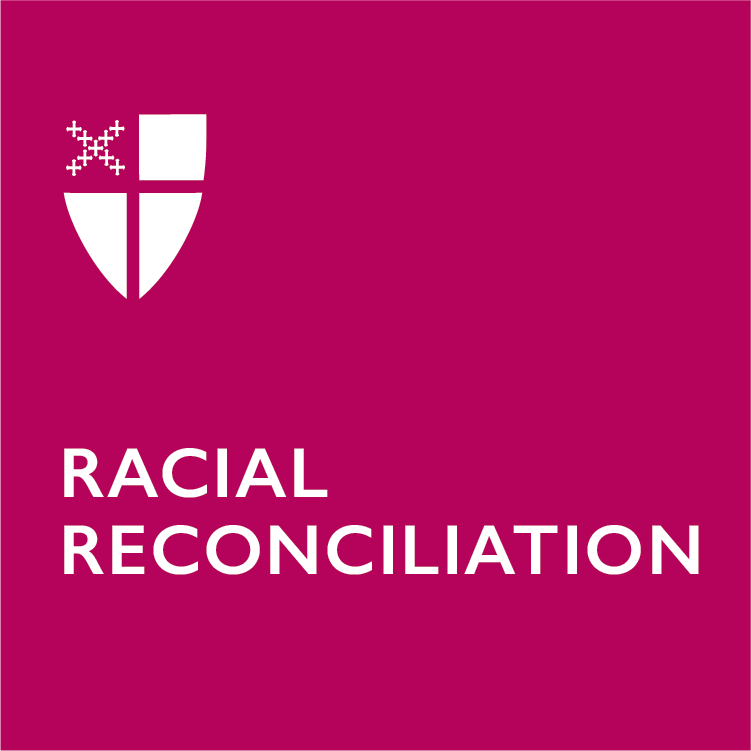By Melanie Mullen
As we commemorate the season of Epiphany, we are reminded of the indelible life and legacy of the Rev. Dr. Martin Luther King Jr. His words and actions continue to inspire us to seek justice and reconciliation in our world.
Dr. King spoke profoundly about the interconnectedness of all creation, stating, “Before you finish eating your breakfast this morning, you’ve depended on more than half the world. This is the way our universe is structured . . . We aren’t going to have peace on earth until we recognize this basic fact of the interrelated structure of reality.”
This is a profound truth that we often forget in our daily lives—that we are all connected, and our actions impact the world around us. One of the most inspiring examples of Dr. King’s commitment to justice and reconciliation was his work with Black sanitation workers in Memphis.
In 1968, Dr. King came to Memphis to support the striking workers demanding fair pay and better working conditions. This was the first time that African Americans mobilized a national, broad-based group to oppose environmental injustices. Dr. King stood with the sanitation workers, holding their “I AM A MAN” signs, and demonstrated new connections between the dignity of all God’s people and the impact of the environments in which workers live and labor.
This commitment to ecological justice is a part of reconciliation and a legacy we don’t often recognize. However, there is holy work in ensuring basic environmental protections for all, especially for disproportionately affected communities of color or low-income neighborhoods suffering from disproportionate health impacts, like asthma and heart disease, due to harmful pollution in the air, land, and water.
Dr. King’s witness included some of the first instances to show us how deeply we are connected in our many struggles for justice. That is the logic of domination at play in all manner of structural violence, and it can show up even in the weekly trash pickup or our daily food purchases. The Memphis Sanitation Workers Strike was an epiphany moment for Dr. King and us. It has shed new light on both environmental and racial injustice, reminding us that dehumanizing people and objectifying the Earth go hand in hand. Still, more powerfully, we are also connected to each other and to the environment around us through God’s vision of hope.As we go about our daily lives, we can make a difference by taking small actions toward justice and reconciliation. Whether it’s reducing our carbon footprint, praying with affected communities, or advocating for environmental protections, our connectedness means every action we take has an impact.
As we reflect on Dr. King’s life and legacy, let us celebrate his commitment to social and environmental justice. We remember one of his favorite biblical allusions, “the rolling waters of justice,” which might end as a mighty river but first begins with the small acts of every day. Dr. King’s social and environmental justice legacy inspires us to seek justice and reconciliation. Let us embrace this legacy in the Epiphany season as we welcome the new light of connection, intersectional justice, and reconciliation.
—
The Rev. Melanie Mullen is the director of reconciliation, justice, and creation care.
